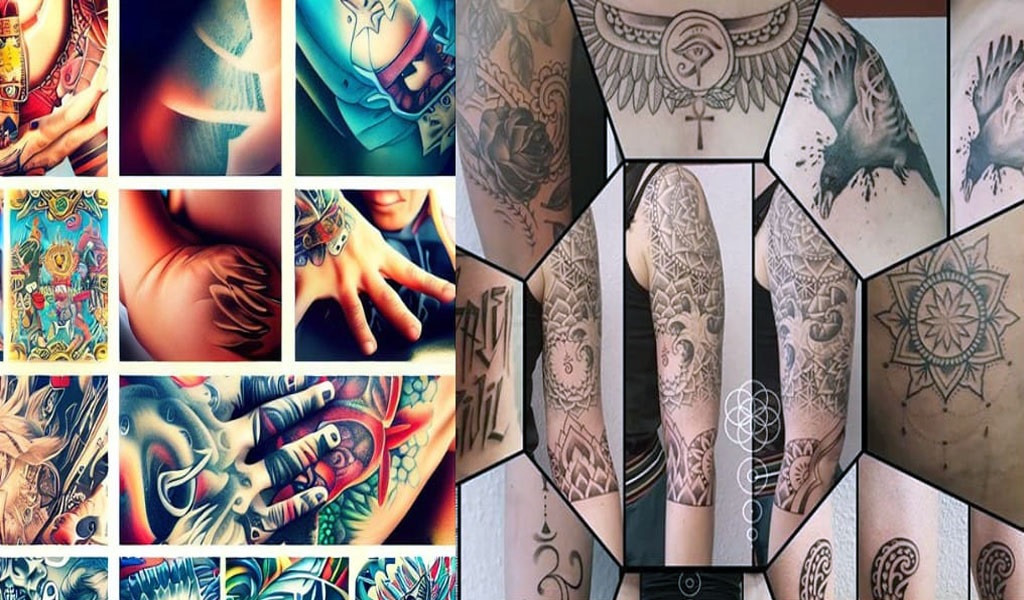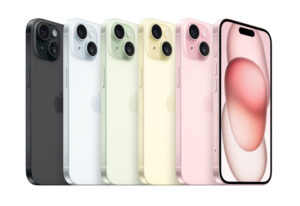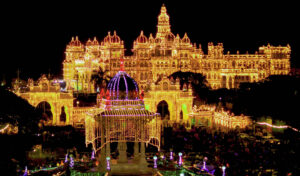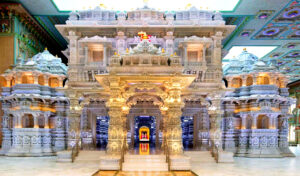
The Future of Tattooing: AI Tattoo Generators
AI Tattoo Generators are a relatively new technology that use artificial intelligence to automatically generate unique tattoo designs for users. They allow people to get custom tattoo ideas without needing to come up with their own design or pay a tattoo artist to create something from scratch.
These generators work by using neural networks – AI systems modeled after the human brain – that have been trained on thousands or millions of tattoo images. By analyzing these tattoo datasets, the algorithms learn about different artistic styles, common tattoo themes and motifs, placement on the body, and other visual patterns. This allows the neural net to synthesize new designs that have similar qualities to existing tattoos, while still being completely original creations.
To use an AI tattoo generator, the user typically selects or inputs some parameters to guide the creation, such as tattoo style (e.g. minimalist, tribal, Japanese), desired theme or elements (flowers, skulls, dragons), body placement of the tattoo, size, and color palette. Some systems may allow uploading an inspiration image. The algorithm then generates a number of tattoo designs conforming to the user’s specifications.
The user can pick their favorite designs, modify or combine them, and go through multiple iterations to refine the artwork. Once they have a finished tattoo concept they are happy with, the image file can be downloaded or printed out to show the tattoo artist. Some AI tattoo generators are browser-based web apps, while others are mobile apps allowing on-the-go creation.
Proponents of AI tattoo design say it provides an easy way for people to get unique, customized tattoo ideas without needing artistic skills themselves. It can help save time and money on consulting a tattoo artist upfront. The technology also democratizes access to custom tattoo designs, as not everyone can afford bespoke art commissions.
Critics argue AI tattoo generators lack the human touch and originality of a tattoo artist’s work. Overuse of AI tattoos may also lead to generic, cookie-cutter designs becoming too commonplace. There are also concerns about proper attribution and compensation for the tattoo artists whose work was used to train the algorithms.
Regulation of AI tattoo generators remains minimal. Some jurisdictions do prohibit certain content like offensive images, trademarks, or copyrighted material. But there are calls for tighter controls to uphold ethical norms around cultural appropriation, consent for use of training data, and proper acknowledgement of the algorithms’ creators.
The technology for automating tattoo designs is still in its early stages and has ample room to grow. More training data, better algorithms, and adherence to ethical principles will shape how AI tattoo generators continue to develop. They have potential to transform the creative process between tattoo artists and clients if thoughtfully implemented. But it’s unlikely AI will fully replace the intricate craft, meaning, and personal connection that human tattoo artists provide.
Global Trends:
Increasing popularity and ubiquity of AI tattoo generators as more companies enter the space with new apps and websites. Some of the top providers include InkHunter, Tattoo Generator, and INKREDAP.
Move towards higher quality datasets and algorithms to produce more realistic, detailed tattoos with finer linework and shading.
Expansion beyond basic tribal, script, and minimalist tattoos to include more photorealistic, portrait, and even animated designs.
Integrating AR capabilities so users can visualize the tattoo on their actual body before getting it inked.
Enabling greater customization for elements like fonts, shapes, images, placement on body etc.
Partnerships between AI tattoo platforms and tattoo parlors/artists to integrate the tech into the tattoo ordering process.
Trends in India:
Growing interest in AI tattoo design especially among millennials and Gen Z accustomed to digital art.
Increasing demand for blending Indian aesthetic elements like mandalas, spiritual symbols, text in Indian scripts, mehndi patterns and folk art into tattoo designs.
Using AI to add Bollywood pop culture references, national symbols, religious iconography into Indianized tattoo concepts.
Backlash from some traditional Indian tattoo artists who see it as threatening their livelihood and undermining the art.
Integration of vernacular languages for Indian users who prefer tattoos in regional languages over English.
Potential growth in cities like Mumbai, Delhi, Bangalore, Hyderabad and among their youth/student populations.
Questions around cultural appropriation and ethics in sourcing training data from specific ethnic art forms for the algorithms.






